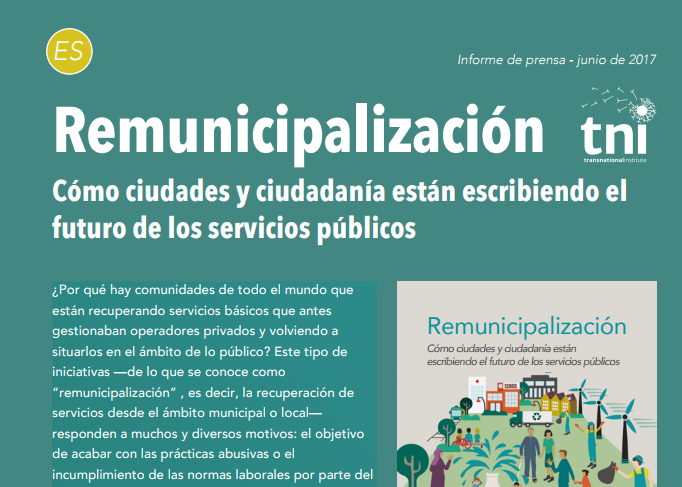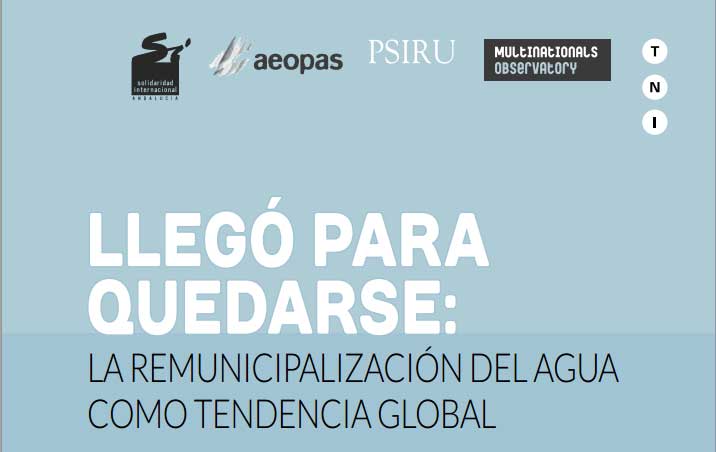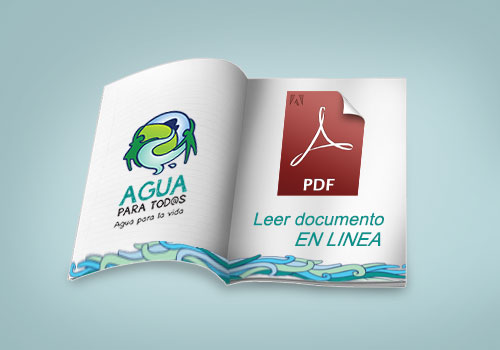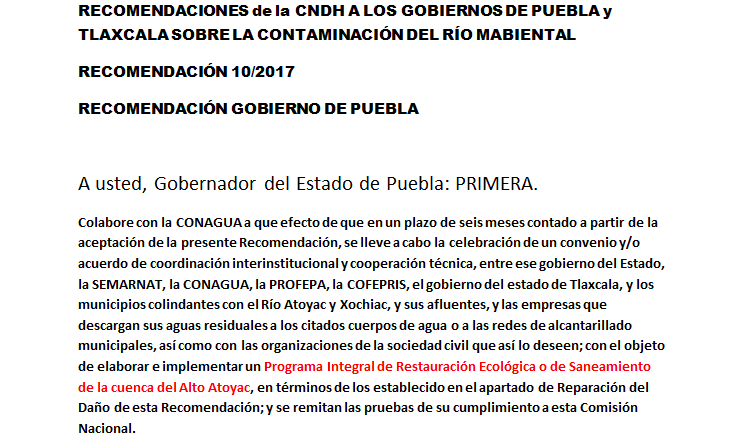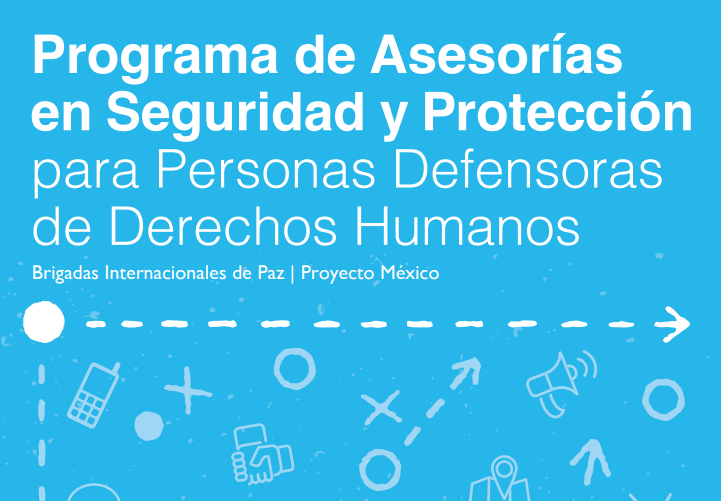Realizing the human rights to water and sanitation: A Handbook
Catarina de Albuquerque and the Permanent Representatives of Germany, Spain,
Switzerland, Finland and Portugal to the United Nations in Geneva with the Handbook,
Geneva, 10 September 2014 © OHCHR
Background
Since 2010, when the United Nation General Assembly explicitly recognized the human right to safe drinking water and sanitation and the Human Rights Council reaffirmed this recognition, the United Nations Special Rapporteur on the human right to safe drinking water and sanitation has received repeated requests to provide guidance from States (both national and local), service providers, regulators and others, to clarify what this human right would imply for their work and activities. In fact this recognition has given an increased visibility to the water, sanitation and hygiene sector and many sector professionals see human rights as an opportunity to raise political support for these essential services.
The Special Rapporteur has been working closely with several organizations interested in understanding what the human rights to water and sanitation mean for their work, and how to translate these rights into practice.
The Special Rapporteur pursued a collaborative approach to the development of this handbook, firstly in the identification of the key barriers, challenges and opportunities that stakeholders encounter in realizing the human rights to water and sanitation, and then further in the testing and verification of the checklists and recommendations featured in the handbook. This collaborative approach will ensure that the Handbook is relevant and helpful beyond the mandate of the current Special Rapporteur.
Consultation timeline
- January 2013: Online survey to introduce the Handbook and identify issues of particular interest.
- April 2013 (Lisbon, Portugal): Workshop to discuss the content and format of the Handbook with engaged organizations.
- 28 October to 15 November 2013: e-discussion hosted by the Rural Water Supply Network, focusing on sustainability, non-discrimination and the roles and responsibilities of local actors. Details of the discussion can be found at: http://next.dgroups.org/RWSN/equity
- October 2013 (Nairobi, Kenya): Regional expert consultation to discuss how to implement the human rights to water and sanitation in informal settlements and cities.
- November 2013 (Santa Cruz de la Sierra, Bolivia): Regional expert consultation on the role of local authorities in realizing the human rights to water and sanitation.
- January 2014 (Kathmandu, Nepal): Regional expert consultation on financing and budgeting for the human rights to water and sanitation.
- January to March 2014: e-discussion hosted by the online United Nations network of human rights practitioners, HuriTALK, on non-discrimination and equality, and how these human rights principles can be incorporated into laws, policies, regulations, budgeting, service provision and accountability systems.
- January to April 2014: Online consultation of the first draft of the Handbook, hosted by therighttowater.info website.
State submissions to the Special Rapporteur sharing their experience on realizing the human rights to water and sanitation can be found here
leer.. http://www.ohchr.org/EN/Issues/WaterAndSanitation/SRWater/Pages/Handbook.aspx


